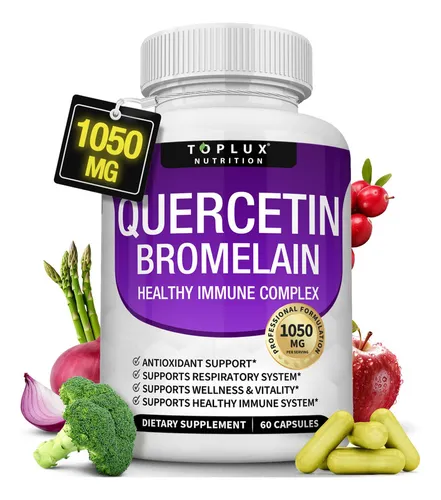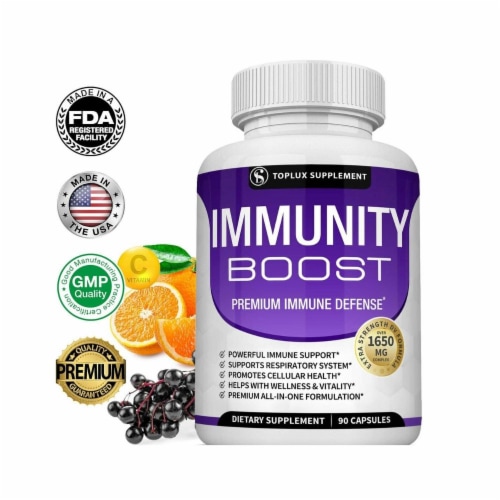20 Great Tips On Choosing Nutrition Supplement Sites
20 Great Tips On Choosing Nutrition Supplement Sites
Blog Article
Tips For Choosing The Most Effective Supplements To Improve Your Health And Well-Being
The best supplements are essential to maintain optimal health. Here are 10 suggestions to help you select the most effective supplements:
1. Make sure you are testing with a third-party and have Certification
Select supplements that have been verified by independent laboratories such as
USP (United States Pharmacopeia)
NSF International
ConsumerLab
Informed-Choice
These certifications ensure the purity, potency and the absence of any contaminants like microbes and heavy metals.
2. Check out the list of ingredients & kinds of nutrients
Some nutrient forms are better absorbable than others:
Magnesium is best taken as malate or glycinate. Avoid oxide because it's not absorbed well.
Vitamin D: Choose the cholecalciferol (D3) over Ergocalciferol (D2).
B12 Methylcobalamin has superiority to cyanocobalamin.
Beware of fillers like titanium dioxide, synthetic colours as well as hydrogenated oils.
3. Examine Bioavailability
Some supplements need fat to absorb. (Vitamins D K, E, omega-3s, etc.) Find:
Vitamins soluble in fat can be obtained as softgels or liquids.
To get the most absorption from your minerals, you should use chelated minerals or Liposomal minerals (e.g. iron bisglycinate).
4. Avoid blends of proprietary ingredients that are not disclosed. Doses
Some supplements disguise ingredient amounts by referring to them as "proprietary Blends."
Select brands that are transparent and contain the exact amounts of ingredients and quantities.
5. Study the Brand's Reputation & Transparency
Brands that are trustworthy
Give the test results from the batch.
Disclosure of the source (wild-caught opposed to farmed fish oil).
Positive reviews from health medical professionals.
Beware of brands with FDA warning letters and frequent recalls.
6. Check for Allergens & Additives
If you have sensitivities avoid:
Gluten, soy, dairy, or shellfish derivatives.
Artificial preservatives (BHT, BHA).
Check for certifications, like organic and non-GMO.
7. Verify Dosage & Safety
Some vitamin (e.g., Vitamin A, Iron, Vitamin D) may be harmful in excessive amounts.
Verify the % Daily Value (DV)--some supplements exceed safe limits.
See a doctor to get a personalized dose.
8. Think about Methylated and Active forms particularly for B Vitamins
MTHFR mutations are linked to the following advantages:
Methylfolate
Methyl-B12 (not cyanocobalamin)
These forms are bioavailable and help improve methylation.
9. Take into consideration sustainability and ethical purchasing
Fish oil: Pick MSC-certified (sustainable fishing).
For herbal supplements look for sources that are fair-trade and wild-harvested.
Products without palm oil (if eco-conscious).
10. Review expiration dates and storage conditions
Supplements may degrade after a specific period of time.
Some (like probiotics & omega-3s) require refrigeration for potency.
Check the bottle for resistance to light (important to prevent vitamin degradation).
Bonus: Talk to a Healthcare Professional
A dietitian, a nutritionist, a functional medicine doctor or therapist may suggest supplements on the basis of:
Tests of blood (e.g., Vitamin D, B12 and iron levels).
Health issues (e.g. digestive issues affect absorption).
Final Tip: Less Is More
Prioritize quality over quantity. Focus on deficiencies instead of taking unnecessary supplements.
You can increase the effectiveness, safety, overall health, and overall health of the supplements you take by following these guidelines. Have a look at the most popular toplux nutrition for blog advice including weight loss products, weight loss products, vitamins for high blood sugar, pills to help with weight loss, pills that work for weight loss, best weight loss product for women, best supplements memory, vitamin c the best, vitamins for sale, vitamins and supplements and more.
Magnesium Glycinate Supplements: 10 Tips To Choose The Most Effective One
Magnesium Glycinate (also known as magnesium glycinate) is a kind of magnesium that is bioavailable, easily absorbed, and can be used to help relax, stress relief, muscle recovery as well as anxiety reduction. All supplements are not created equal. Follow these tips to find the most effective magnesium Glycinate.
1. Verify the Form: Magnesium Bisglycinate (Not Just "Glycinate")
The most stable, absorption-friendly form of magnesium is bisglycinate.
Avoid products labeled as "magnesium Bisglycinate", if they do not mention bisglycinate. They could contain glycinates of lower quality.
Find the molecular structure. True bisglycinate is bound by two glycine molecules, enhancing absorption.
2. Check Elemental Magnesium Composition
Magnesium, as a compound is not actually magnesium.
Example:
1000mg magnesium glycinate ~ 140-200mg elemental magnesium.
Be sure to read the label. It should contain both the elemental and magnesium compound per serving.
The ideal dosage is 200 to 400mg elemental Magnesium daily (adjust based on the need).
3. Third-party testing of heavy metals & purity
Magnesium supplementation may be contaminated by arsenic, aluminum and lead.
Test brands using:
USP (United States Pharmacopeia)
NSF International
ConsumerLab
Beware of brands that do not have Certificates of Analysis.
4. Avoid Harmful Fillers & Additives
Titanium oxide (potential carcinogen).
Magnesium (stearate) (may decrease the absorption).
Preservatives, colors, and flavors artificially added.
Clean Supplements:
Vegetable capsules (hypoallergenic).
Do not tie up unnecessary documents.
5. Glycine Quality & Ratio
Glycine is an amino acid which soothes and improves magnesium.
Ideal ratio: 1 to 2glycines per magnesium (e.g. 200mg magnesium for 2000mg Glycine).
Avoid synthetic glycine products (should only be sourced from natural sources).
6. Shop with trusted brands by using an open source of sourcing
- Top brands:
Pure Encapsulations Magnesium Glycinate.
Thorne Magnesium Bisglycinate (highly absorbable).
Klaire Labs Magnesium Glycinate (gentle on digestion).
Red Flags
No batch testing available.
Blends that cover up doses.
Fake Amazon reviews.
7. Check for Allergens, Dietary Compatibility
If you need gluten-free, non GMO, vegan
Do not take supplements that:
Derivates from dairy products, shellfish and soy.
Common allergens (unless specified).
8. Optimal dosage & timing for maximum benefits
For relaxation and sleep: Take 200-400 mg of magnesium glycinate 30-60 mins before going to bed.
To aid in muscle recovery: Take after your workout.
For anxiety/stress: Split doses (morning & night).
Begin at a lower dose (100mg) beginning with 100mg, gradually increase the dosage according to how you feel.
9. Examine Absorption and Bioavailability Factors
Magnesium glycinate absorbs best when taken empty-handed (though it can also be taken in conjunction with food, in case you're allergic).
Do not take with Calcium or Iron (they interfere with absorption).
Vitamin B6 is known to enhance magnesium absorption.
10. Find ingredients that are synergistic (Optional)
Some formulas include enhancing nutrients:
- L-Theanine (promotes relaxation).
Taurine: Supports magnesium retention in cells.
- Vitamine B6 (improves the absorption).
The Best Magnesium Glycinate Supplements
Thorne Magnesium Bisglycinate.
Pure Encapsulations Magnesium Glycinate (hypoallergenic and free of fillers).
Klaire Labs Magnesium Glycinate Complex
Last Tip: Be Watchful of Your Response
The signs of success include better sleep, reduced cramps and a decrease in anxiety.
Diarrrhea is an indication of excess magnesium. View the most popular magnesium glycinate recommendations for blog info including berberine best, superfood supplements, best supplements, liver support supplements, weight loss products, best supplements to take for overall health, ketogenic supplements, natural supplements to lower blood pressure, good supplements to take, best skin supplements and more.
